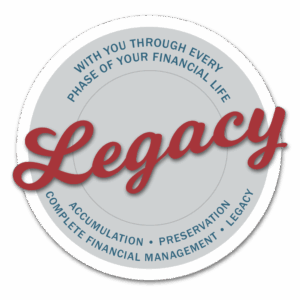Putting Your Legacy in Writing

By Anne Calder, Vice President of Development
Quad Cities Community Foundation
Across the Midwest, values like generosity, hard work, and caring for community run deep. That legacy can continue for generations—but only if it’s legally documented.
Too often, estate planning is something that gets delayed. Life gets busy, the end-of-life conversations feel difficult, the decisions feel final, or we assume we’ll get to it “someday.” As a result, charitable wishes—those dreams of giving back and building a legacy—go unfulfilled. In my work, I’ve seen families left wondering about the wishes of their loved ones, and community causes missing out on support that was deeply intended. Both can be avoided through completed planning.
One common misconception is that an estate plan must be “perfect” before it is signed. But planning isn’t static—it should evolve with you. The most important thing is to start and get a “good for today” plan in place, reflecting the goals and wishes you would have now. You can—and likely will—revise it later as your life and priorities change.
If you’ve supported a nonprofit, community, or charitable cause during your life, chances are you want that impact to continue. Including charitable gifts in your estate is one of the most meaningful ways to do so. It’s not just about dollars and cents—it’s about storytelling, values, and commitment to your community.
Work with your attorney, financial advisor, or local community foundation. These people are all resources to help you craft a plan that’s flexible, personal, and effective. You don’t need all the answers to get started. You just need the willingness to put your intentions in writing. Your plan is your voice when you’re no longer here. Make sure it’s heard.